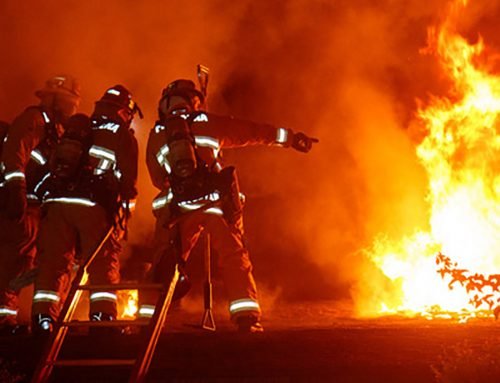 |
| Official White House Photo by Chuck Kennedy |
Today’s post comes from guest author Jon Gelman from Jon Gelman, LLC – Attorney at Law.
The Zadroga 9/11 Victims Claim Fund has started to make payments to victims of the World Trade Center attack. First Responders andthose who lived or worked in the immediate geographical site near “ground zero” may be entitled to the payment of benenfits for illness and injuries that they suffer as a result of the terrorist attack.
Those eligible include, individuals present at a 9/11 crash site at the time of or in the immediate aftermath, who suffer physical harm as a result of the crashes or debris removal. Also the personal representatives of individuals who were present at a 9/11 crash site, who died as a result of the crashes or debris removal, are eligible to file claims.
A deadline exists for filing claims with the 9/11 Fund. A person who knows (or reasonably should have known), of physical harm resulting from the September 11 attacks as of October 3, 2011, must file a registration form by October 3, 2013. If they subsequently learned of such physical harm, they must file a claim within two years of the date that they learned or reasonably should have known that they suffered such physical injury. The 9/11 victims claim fund will receive claims for five years after it opened in 2011. Final payments are expected to be made from the fund in 2016-17.
Injuries that are being compensated are: lung cancer, chronic respiratory disorder, asthma, reactive airways dysfunction syndrome (RADS), WTC-exacerbated chronic obstructive pulmonary disease (COPD), chronic cough syndrome, chronic laryngitis, Gastro-Esophageal Reflux Disorder (GERD), sleep apnea exacerbated by or related to the above conditions, and low back pain. Additionally certain types of cancer (including mesothelioma, lung cancer, breast cancer, colon cancer, trachea cancer, esophageal cancer, kidney cancer, bladder cancer, skin cancer, thyroid cancer, blood cancer and a bone marrow cancer.
To determine economic loss, the special master will consider a loss of earnings or other benefits related to employment, medical expense loss, replacement services laws, and loss of business or employment opportunities.
Documentation must be submitted to prove missed work and loss of earnings as a result of the qualified injury. Workers compensation determinations can’t be submitted to prove missed work and loss of earnings.






